Events 2013-2014
Events Archives
May 8, 2014 – Spring Lecture – Angela Duckworth, True Grit: Perseverance & Passion for Long-term Goals

Dr. Angela Duckworth is Associate Professor of Psychology and a 2013 MacArthur Foundation Fellowship Awardee. Professor Duckworth studies non-IQ competencies including self-control, persistence and “grit,” which predicts achievement better than does IQ. She received a BA in Neurobiology from Harvard, a Masters in Neuroscience from Oxford, and her PhD in psychology from the University of Pennsylvania. Other experience includes teaching math in San Francisco, New York, and in the Philadelphia public schools.
3:30 p.m.
Skirkanich Hall, Berger Auditorium
Engineering Quadrangle
210 South 33rd Street
May 8, 2014 – Frederic Bushman, The Human Microbiome in Health and Disease
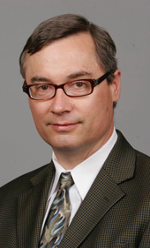
Humans are far more than merely the sum total of all the cells that form the organs and tissues. The digestive tract is also home to a vast colony of bacteria of all varieties, as well as the myriad viruses that prey upon them. Because the types of bacteria carried inside the body vary from person to person, so does this viral population, known as the virome. By closely following and analyzing the virome of one individual over two-and-a-half years, a research team led by professor Bushman has uncovered some important new insights on how a viral population can change and evolve – and why the virome of one person can vary so greatly from that of another. The evolution and variety of the virome can affect susceptibility and resistance to disease among individuals, along with variable effectiveness of drugs.
Bushman, a professor of Microbiology, received his doctorate in Cellular and Developmental Biology at Harvard University in 1988. He has over 200 publications in prestigious journals including Nature and Science.
University Club at noon.
January 23, 2014 – Michael Baime, Mindfulness for Life: Mindfulness, Meditation, and the Science of Awareness
It is very easy for a doctor to disappoint a patient in need, says Michael Baime M’81. It is all too easy for that doctor to not even notice the disappointment. It happens every 15 minutes. Over time, this not noticing takes its toll on healthcare providers, he adds. Even the most sensitive and caring physicians begin to feel less and less of the distress that their patients bring them. It just happens. They lose touch with what called them into the profession, the promise of a deeper kind of healing that was based on selfless caring, on a deeper wish to participate in something more profound than a prescription.
Baime the director of the Penn Program for Mindfulness who also serves as director of Mind-Body Medicine for the Abramson Cancer Center has been treating this condition for decades. His method? First, sit still. Second, notice what happens when you do.
Time and Place: 12 PM at the University Club.
November 12, 2013 – Jonathan Moreno, Mind Wars
“Mind Wars: Brain Science and the Military in the 21st Century”. The first book of its kind, “Mind Wars” covers the ethical dilemmas and bizarre history of cutting edge technology and neuroscience developed for military applications. As Professor Moreno discusses the innovative Defense Advanced Research Projects Agency (DARPA) and the role of the intelligence community and countless university science departments in preparing the military and intelligence services for the twenty-first century, he also charts the future of national security.
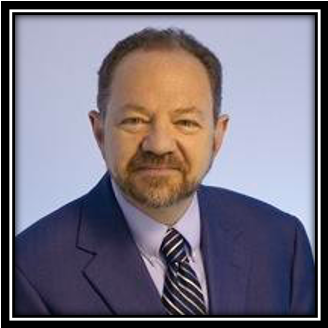
Dr. Jonathan Moreno is the David and Lyn Silfen University Professor at the University of Pennsylvania. In 2008-2009 he served as a member of President Barack Obama’s transition team. He has served as an advisor to many governmental and non-governmental organizations including the Department of Defense, the Department of Homeland Security, the Federal Bureau of Investigation, and the Bill and Melinda Gates Foundation. The American Journal of Bioethics has named him, “the most interesting bioethicist of our time.”
The luncheon will begin at 12 PM at the University Club.
October 30, 2013 – PASEF-ASEF Joint Emeritus Faculty Program and Reception
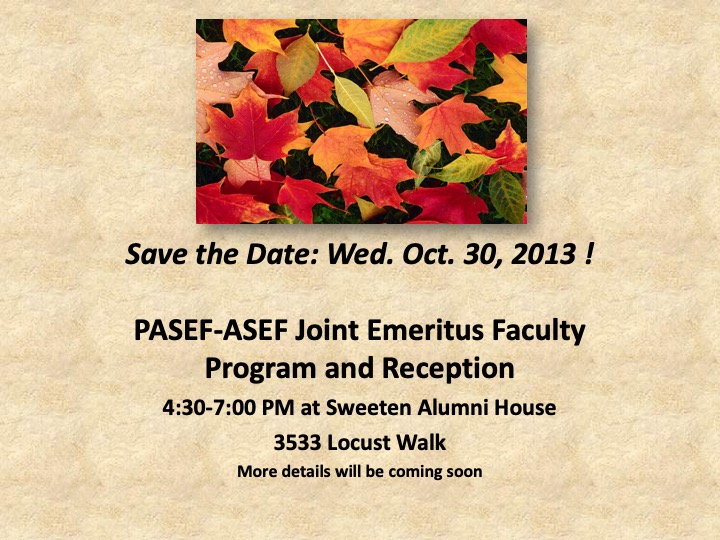
October 8, 2013 – Sarah H. Kagan and Anne Shoemaker, A MOOC on Global Ageing? Not the Oxymoron You’d Think
“A MOOC on Global Ageing? Not the Oxymoron You’d Think.” Sarah H. Kagan and Anne Shoemaker present their experience teaching a MOOC (massive open online course) entitled “Growing Old around the Globe.” Their course, the first Penn MOOC course offered by the School of Nursing, drew 9,000 participants from all parts of the world.
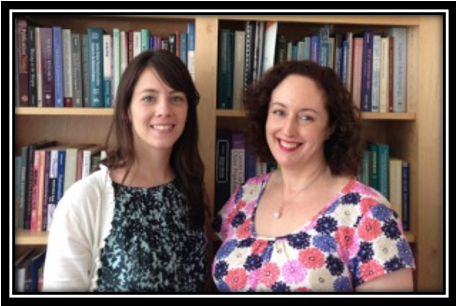
Sarah H. Kagan is a Professor-Clinical Educator and the Lucy Walker Honorary Term Professor of Gerontological Nursing in the School of Nursing at the University of Pennsylvania. Together with Ms. Shoemaker, Professor Kagan pioneered work which became “Growing Old Around the Globe.”
Anne Shoemaker is a nurse educator who has worked in oncological critical care and hemodialysis at Memorial Sloan Kettering Center in New York City. She teaches in the Simulation Laboratory in the School of Nursing at the University of Pennsylvania.
The luncheon will begin at 12 PM at the University Club.
October 3, 2013 – Fall Lecture – Peter Cappelli, Why Good People Can’t Get Jobs
The 25 Year Club’s Annual Dinner, Thursday, October 3, 2013, beginning at 3:30 p.m.
Second floor of Houston Hall, the Class of ’49 Auditorium
The 25 Year Club was established in 1957 by University President Gaylord Harnwell to honor faculty and staff who served Penn for 25 years.
“Why Good People Can’t Get Jobs”
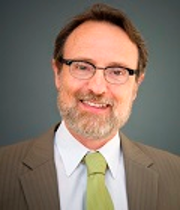
This year’s speaker is Professor Peter Cappelli, the George W. Taylor Professor of Management at The Wharton School and Director of Wharton’s Center for Human Resources. Probably the leading employment relationship scholar in the country, he is the former Chair of Wharton’s Management Department, and Chair of the University of Pennsylvania’s Labor Relations Unit. His lecture will consider issues raised in his New York Times business bestselling book, “Why Good People Can’t Get Jobs.” Professor Cappelli’s lecture is sponsored by the Penn Association of Senior and Emeritus Faculty.
September 18, 2013 – Kenneth Shropshire, The Death of College Sports?
The days of raccoon skin coats and games free of the impact of money are long gone. Those immersed in college sports often speak of an economic arms race. The dollars flow to bigger and better facilities, higher paid coaches and in various forms to the athletes themselves. This race is fueled by the realignment of college conferences and the huge media rights deals signed over the past few years. This talk will focus on this evolution and whether or not the new form of college sports signifies the death of college sports as it has long been known.

Kenneth L. Shropshire, Esq., is the David H. Hauck Professor at the Wharton School and Faculty Director of Wharton Sports Business Initiative. An attorney, negotiator, and arbitrator, Professor Shropshire has been a consultant for professional sports organizations such as the NCAA, NFL, MLB, and the US Olympic Committee. He is the author of numerous books including, most recently, “The Business of Sports,” “Negotiate like the Pros: A Top Sports Negotiator’s Lessons for Making Deals,” and “In Black and White: Race and Sports in America.” His commentary has appeared in The New York Times, the Wall Street Journal, Sports Illustrated, and on National Public Radio.
The luncheon will begin at 12 PM at the University Club.